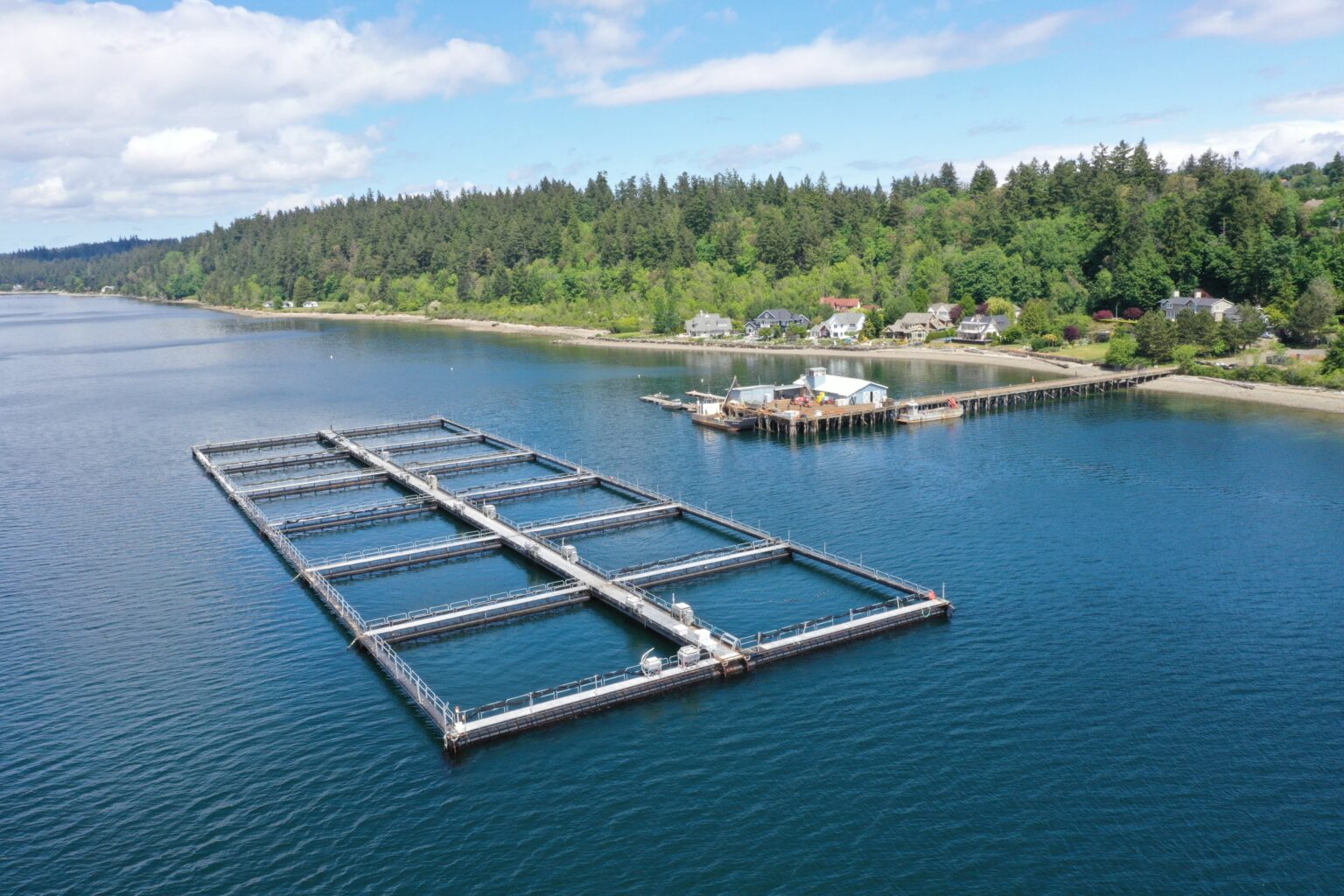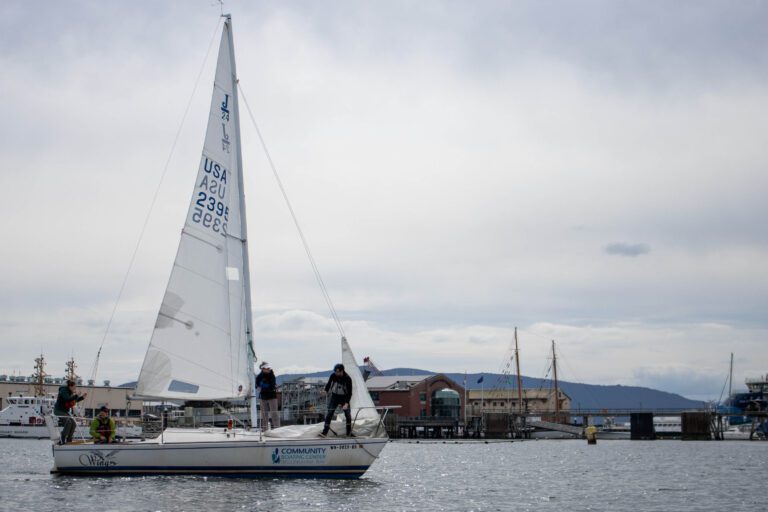The last company to hold net pen leases in the state, Canada-based Cooke Aquaculture Pacific, gave up its appeal on Friday, March 15, against the cancellation of its leases at Rish Passage and Hope Island.
The leases had been canceled in November 2022.
On Aug. 19, 2017, the company’s lease near Cypress Island had been canceled due to the escape of 300,000 Atlantic Salmon from a faulty net pen. The Washington State Department of Natural Resources also fined them $332,000 for the incident.
Fishermen from Lummi Nation went on a mission to capture tens of thousands of the Atlantic salmon before they could breed with the native salmon. Washington state tribes such as the Suquamish Tribe, Swinomish Indian Tribal Community, and Samish Indian Nation have supported the banning of net pens, according to a news release from the DNR.
Cooke’s lease in Port Angeles was also canceled after failure to maintain the facility in a safe condition.
In 2018, legislation passed that will phase out Atlantic Salmon net pen farming in Washington by 2025.
In November 2022, the practice was banned by the DNR. When the ban was announced, Washington’s Commissioner of Public Lands Hilary Franz, cited cramped spaces, a concentration of animal waste and polluted waters as the negative effects of the pens.
The practice is already outlawed in Oregon, California and Alaska, and there are plans to phase it out of British Columbia’s coastal waters by 2025.
In May 2023, Cooke removed its last pen in Washington’s Rish Passage.
Net pens are typically floating walkways with underwater cages. Nets prevent fish from escaping but allow water to flow freely through the enclosure. Stronger nets line the outside of the enclosures to keep predators away and bird netting can often be found to deter bird predators.
Net pens have been labeled as high-risk systems. The free-flowing water allows the travel of waste, parasites and chemicals that may be in the cages. Predators can get tangled in the netting and, as seen near Cypress Island, fish can escape.
“As the courtroom battles and corporate tantrums fade away, we’re left with a Washington with cleaner waters, stronger habitats, and healthier salmon,” Franz said in a news release.



